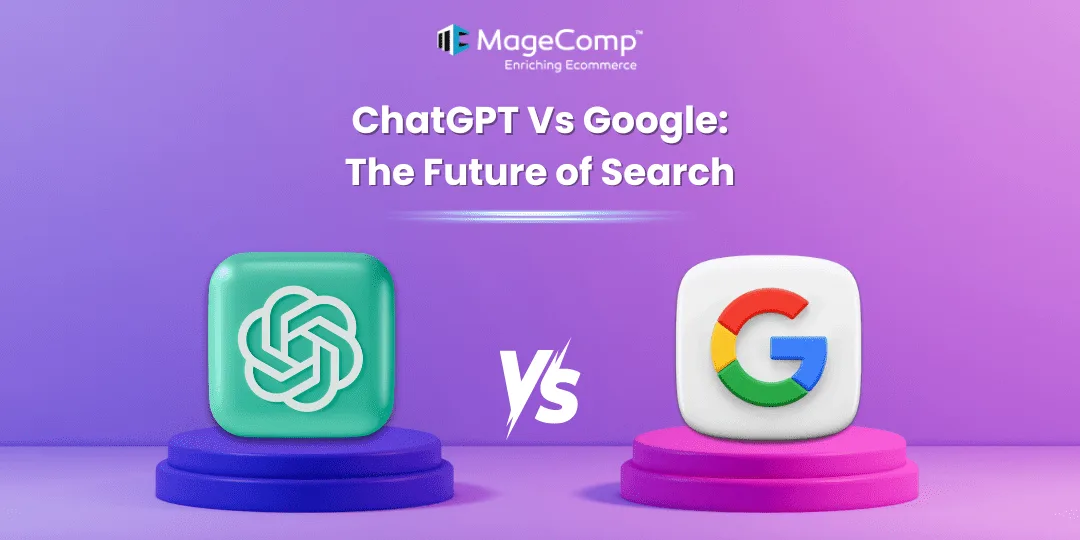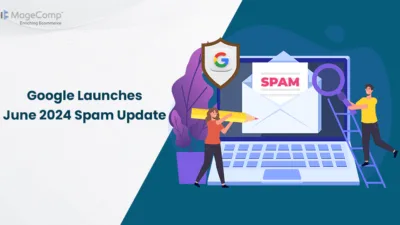In the rapidly evolving landscape of digital technology, two giants stand out in the realm of search and information retrieval: Google and ChatGPT. While Google has long been the undisputed leader in internet search, ChatGPT, developed by OpenAI, represents a new frontier in AI-driven conversational interfaces. This blog explores the differences, strengths, and potential future roles of both platforms in the ever-changing world of search.
The Traditional Search Titan: Google
Since its inception in 1998, Google has revolutionized the way we access information. Its powerful search algorithms, backed by vast resources and continuous innovation, have made it the go-to platform for billions of users worldwide. Here are some key strengths of Google:
- Comprehensive Indexing: Google’s ability to crawl and index an enormous amount of web content ensures users can find almost any piece of information available online.
- Relevance and Accuracy: Advanced algorithms and machine learning techniques help Google deliver highly relevant search results.
- Rich Features: Beyond basic search, Google offers a suite of tools and features like Maps, News, Images, and Shopping, enhancing the overall user experience.
- Advertising Platform: Google’s ad services provide a significant revenue stream, allowing for continuous improvement and expansion.
The Conversational Innovator: ChatGPT
ChatGPT, on the other hand, represents a leap towards more interactive and intuitive information retrieval. Based on the GPT-4 architecture, ChatGPT brings several unique strengths to the table:
- Natural Language Processing: ChatGPT excels in understanding and generating human-like text, making interactions feel more conversational and less mechanical.
- Contextual Understanding: It can maintain context over longer conversations, providing more nuanced and personalized responses.
- Broad Knowledge Base: Trained on diverse datasets, ChatGPT can answer a wide array of questions, from factual queries to creative prompts.
- Task Automation: Beyond search, ChatGPT can assist with tasks like drafting emails, creating content, and offering recommendations, adding a layer of utility that goes beyond traditional search engines.
ChatGPT Vs Google: Comparative Analysis
User Experience
Google provides quick, straightforward answers and links to relevant websites, while ChatGPT offers detailed, conversational responses that can delve deeper into a topic.
Interaction Style
Google’s interaction is query-based, requiring users to refine their searches, whereas ChatGPT’s conversational style can clarify and refine queries in real-time through back-and-forth dialogue.
Scope of Use
Google is unparalleled for broad, topic-based searches and finding specific websites. ChatGPT shines in tasks requiring detailed explanations, personalized advice, and creative input.
Evolution of Search
As search evolves, Google continues to enhance its AI capabilities and user experience, while ChatGPT pushes the boundaries of what conversational AI can achieve, potentially transforming how users interact with information online.
The Future of Search
The future of search is likely to see a convergence of technologies, leveraging the strengths of both Google and ChatGPT. Here are some potential developments:
- Hybrid Models: Search platforms could integrate conversational AI like ChatGPT to provide more intuitive and comprehensive responses alongside traditional search results.
- Enhanced Personalization: Both Google and ChatGPT will continue to refine their personalization algorithms, offering more tailored and relevant information based on user preferences and behavior.
- Multimodal Search: The future may see a blend of text, voice, and visual search capabilities, making information retrieval more versatile and accessible.
- Ethical and Privacy Considerations: As AI becomes more integrated into search, there will be increasing emphasis on data privacy, ethical AI usage, and transparency in how information is sourced and presented.
Conclusion
Google and ChatGPT each bring unique strengths to the world of search. Google’s robust indexing and algorithmic prowess ensure it remains a cornerstone of information retrieval, while ChatGPT’s conversational abilities offer a glimpse into a more interactive and personalized future. As these technologies evolve, they will likely complement each other, creating a richer, more nuanced search experience that meets the diverse needs of users worldwide. The future of search is not a battle for dominance but a collaboration towards a more intelligent and intuitive digital world.
Learn about – ChatGPT vs Bard





